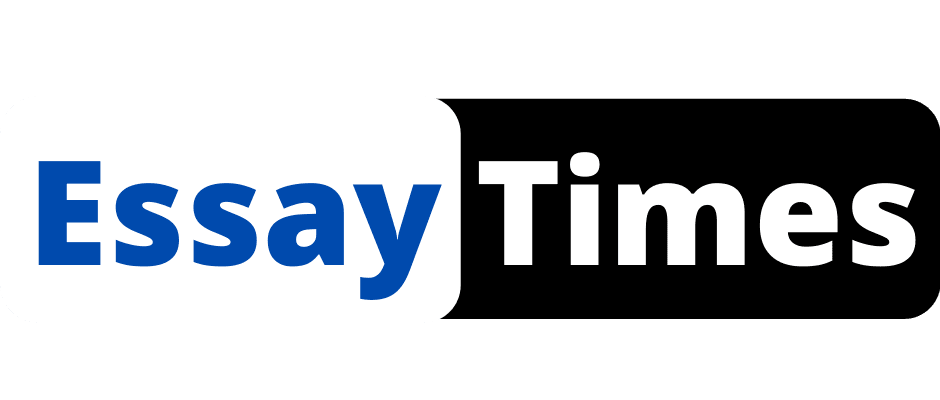What is a Pronoun?
A word used instead of a noun or a noun phrase in a sentence for reducing repetition is called a pronoun. For Example, I, he, she, me, they, we etc.
There are six types of pronouns.
1. Personal Pronoun
These pronouns are used instead of first-person, second person and third person nouns as both subjects and object forms.
Example sentences: He called her.
I invited them
In subject forms:
| Person | Singular | Plural |
| 1st person | I | We |
| 2nd person | You | You |
| 3rd person | He, She, It | They |
In object forms:
| Person | Singular | Plural |
| 1st person | Me | Us |
| 2nd person | You | You |
| 3rd person | Him, Her, It | Them |
2. Interrogative Pronoun
The interrogative Pronouns introduce questions for which a noun is an answer, such as what, which, who, whom, and whose.
Example sentences: Who called you yesterday?
Which do you like the best?
3. Possessive Pronoun
These types of pronouns refer to things or people that belong to someone. Such as mine, yours, his, hers, its, ours, and theirs.
Example sentences: This book is not mine.
He paid for theirs food too.
4. Reflexive Pronoun
Reflexive Pronoun refers to the subject of a sentence or clause and is formed by adding -self or -selves to a personal pronoun or possessive adjective. As in myself, herself, ourselves, and itself are reflexive pronouns.
Example sentence: I’ll go there myself.
5. Demonstrative Pronoun
Demonstrative pronouns distinguish the person or thing being referred to from other people or things. i.e. that, these, and those.
Example sentence: These books are new.
6. Indefinite Pronoun
Indefinite pronouns do not refer to a specific person or thing and typically refer to an unidentified or unfamiliar person or thing. Such as everybody, nobody, either, neither, none, and something, somebody, nothing.
Example sentence: Everybody came to the wedding ceremony.
Do you want to test how much you know about pronouns?
Take this quiz and find out.

